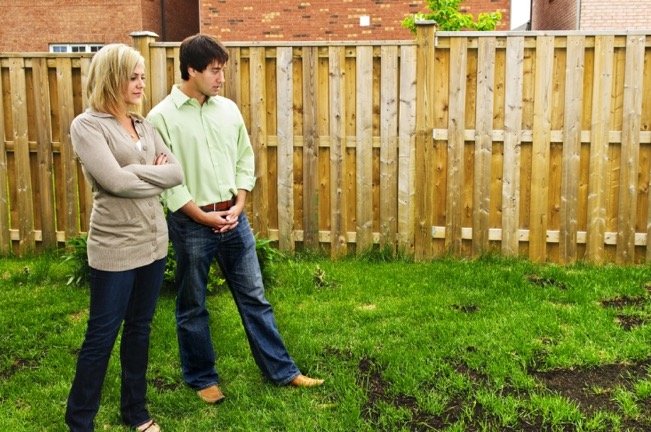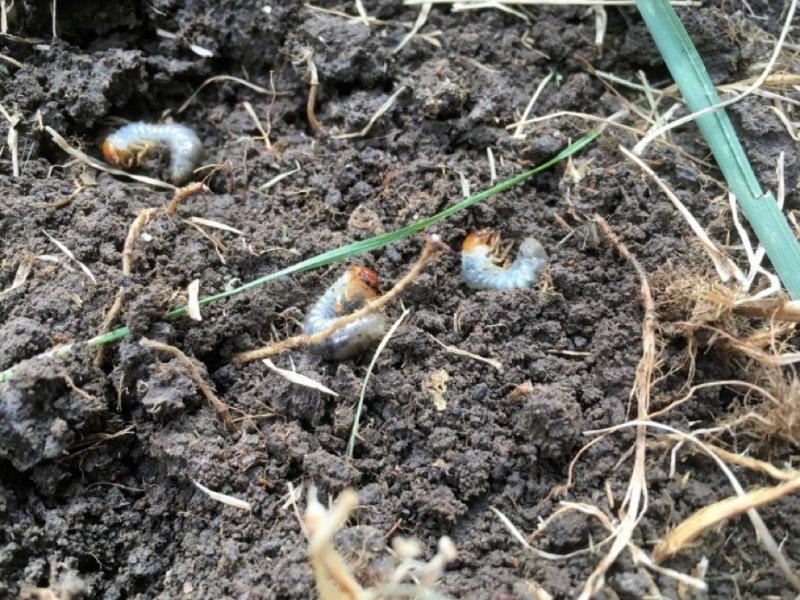Fixing Your Front Lawn Before Selling Your Home

Curb appeal - you’ve heard the term before with regards to real estate. It means how your home looks from the street. If your property is attractive, with good style and obvious upkeep, it has good curb appeal - but if your front yard is dry and dead and the house is crumbling at the seams, its curb appeal is poor, and not a single buyer will step foot inside.
However, if you just repainted, bought all-new exterior fixtures and otherwise shored up your curb appeal, you still might be turning off buyers with an unhealthy front lawn. Buyers want to know they aren’t inheriting your old lawn problems, like fungus or grubs, so they look for thick, verdant grass at every property they visit. If you are struggling to make your grass as green as it can be, read on for tips and tricks for fixing your front lawn fast.
Is It the Season?
Most lawns go dormant in the cold season, meaning they look brown, crunchy and dead, but they aren’t. If you remember your lawn being green this summer and you expect your lawn to be green again in spring, you shouldn’t worry too much what it looks like now, during the winter. At this time of the year, buyers are more forgiving of how yards look; they understand that you can’t produce bright summer blooms when it is actively snowing. If it doesn’t snow in your area, you can consider sprinkling seed for cold-season grasses over your lawn to provide a pop of green color for your buyers. Then, if your house is still on the market when the weather warms up, you should make sure your regular lawn looks its best with proper care.
Is It the Water?
Lawns need about an inch and a half of water per week, even during the winter. If you have a sprinkler system in place, you might think your lawn is getting enough water, but you should check to be sure. Set small containers - like empty tuna cans or comparably sized Tupperware - on several spots around your lawn. After your sprinklers are set to shut off, go out and check the water levels in your containers. They should all be roughly equal, and one container’s contents should add up to an inch and a half over the course of the week. If you find that several spaces on your lawn aren’t getting any water, you might need professional sprinkler repair and maintenance before you can fix your lawn in other ways.
Is It Use?
There is a reason so many parks and professional spaces have “Don’t walk on the grass” signs: Your lawn doesn’t like it when you stomp all over it. Though you should feel okay using your lawn for occasional play - like football on Thanksgiving or the occasional summer barbecue - you should avoid walking on it every day, especially in the same path. Doing this compacts the soil around the grass’s roots, preventing them from breathing and growing properly. To counteract this, you should aerate your lawn, especially in the most compacted areas, and consider installing a hardscaped path across the lawn if necessary.

Is It Pests?
You love your lawn - why wouldn’t bugs? In truth, your lawn is an ecosystem filled with creepy-crawlies, but some bugs do irreparable damage from the moment they touch down. Though at first glance pest damage looks like any other dried or dead lawn, if you look close, you should be able to see clear signs of pests: worms and grubs in the soil, lacey blades, an overabundance of moths, etc. Spraying the right kind of pesticide on your grass can help, but you might need to fertilize or seed the dead portions to grow them back fast.
Is It Disease?
Another difficult-to-detect lawn problem is disease. Your lawn can contract a disease the same way you do: by coming into contact with harmful spores and pathogens. As with pests, it’s easy to dismiss a diseased lawn as dying for some other reason, but there are patterns to different diseases. If you can find white spots on the blades, a pinkish or grayish tinge, circular bare patches or some other fishy-looking issue, you are probably dealing with a lawn disease. It is best to call a professional to diagnose your precise problem and administer treatment.
You want to fix your lawn fast so you can sell your home fast - it makes sense. If you take the above knowledge and apply it to your lawn care, you should be growing a thick, green lawn in no time, which means buyers will be lining up at your door.
More to Read:
Previous Posts:




